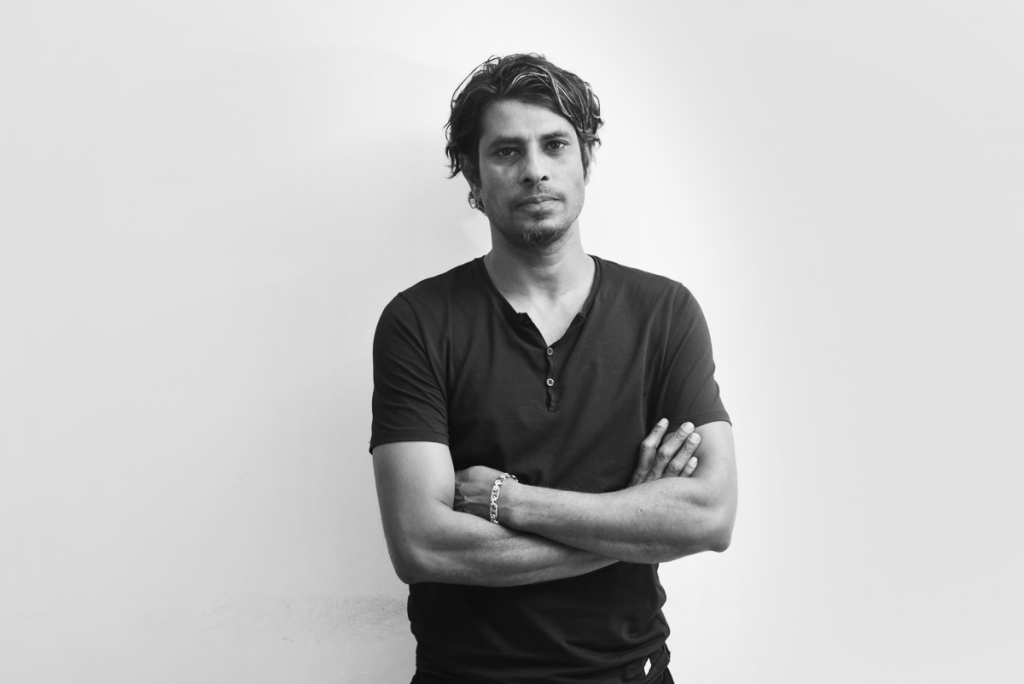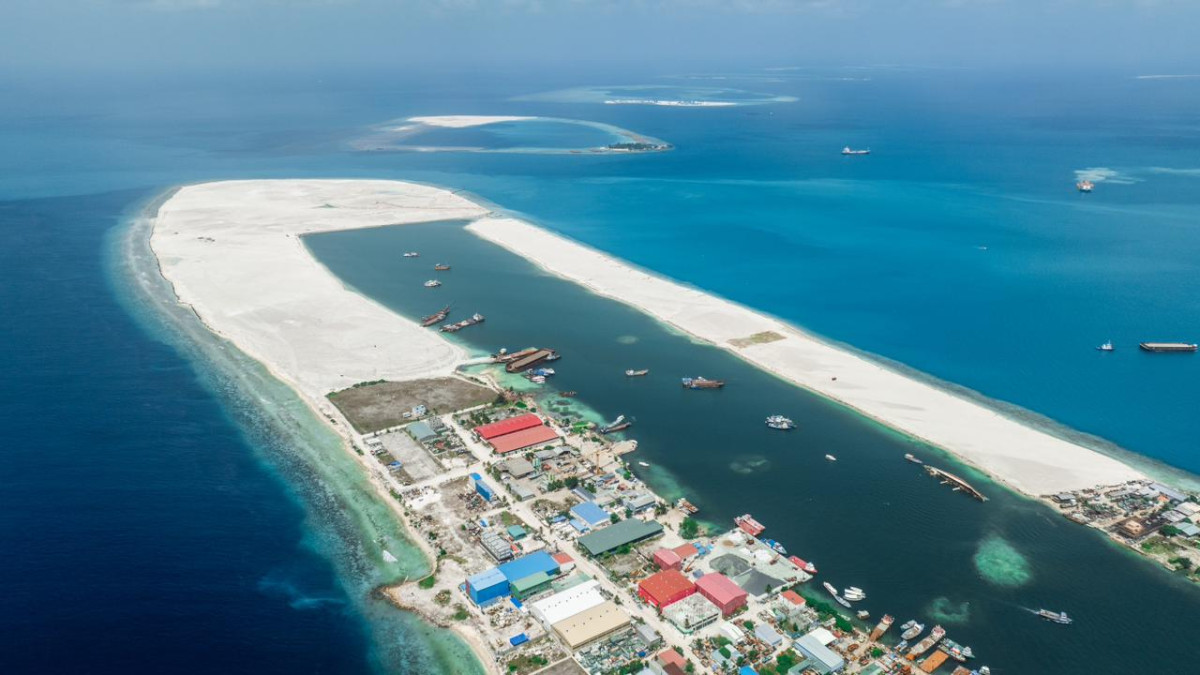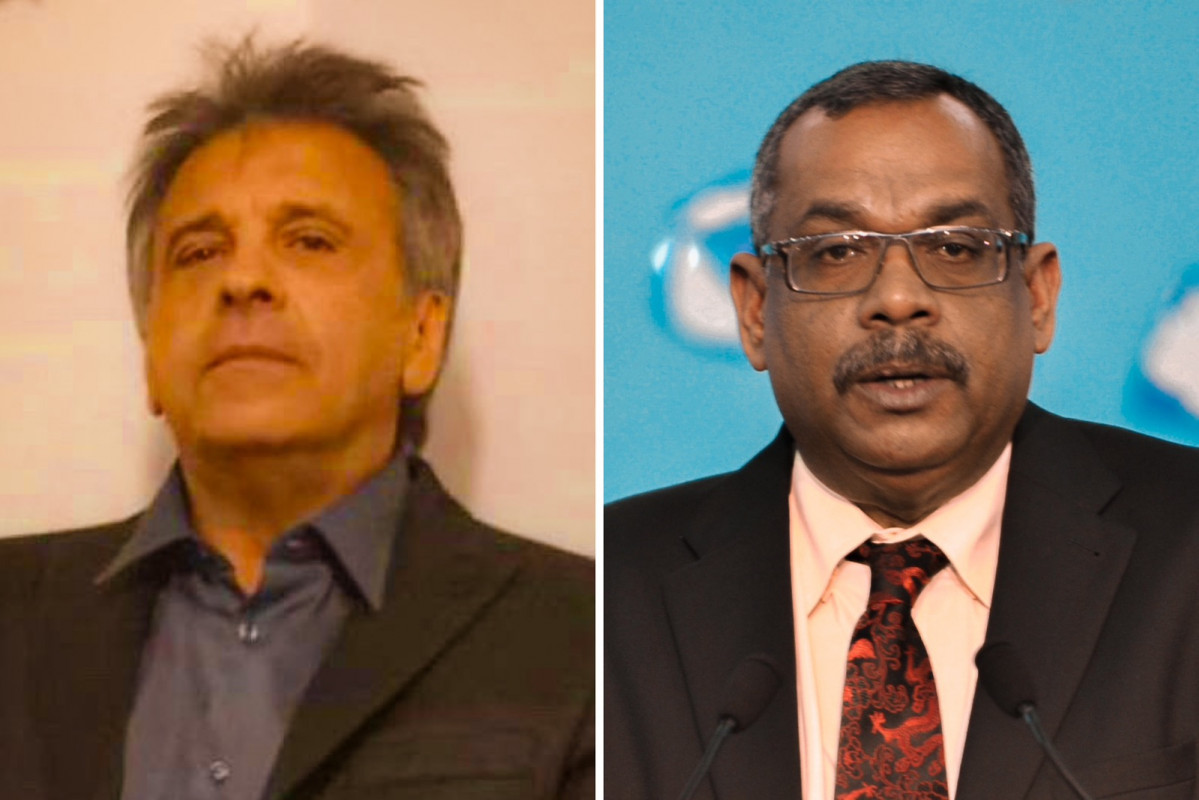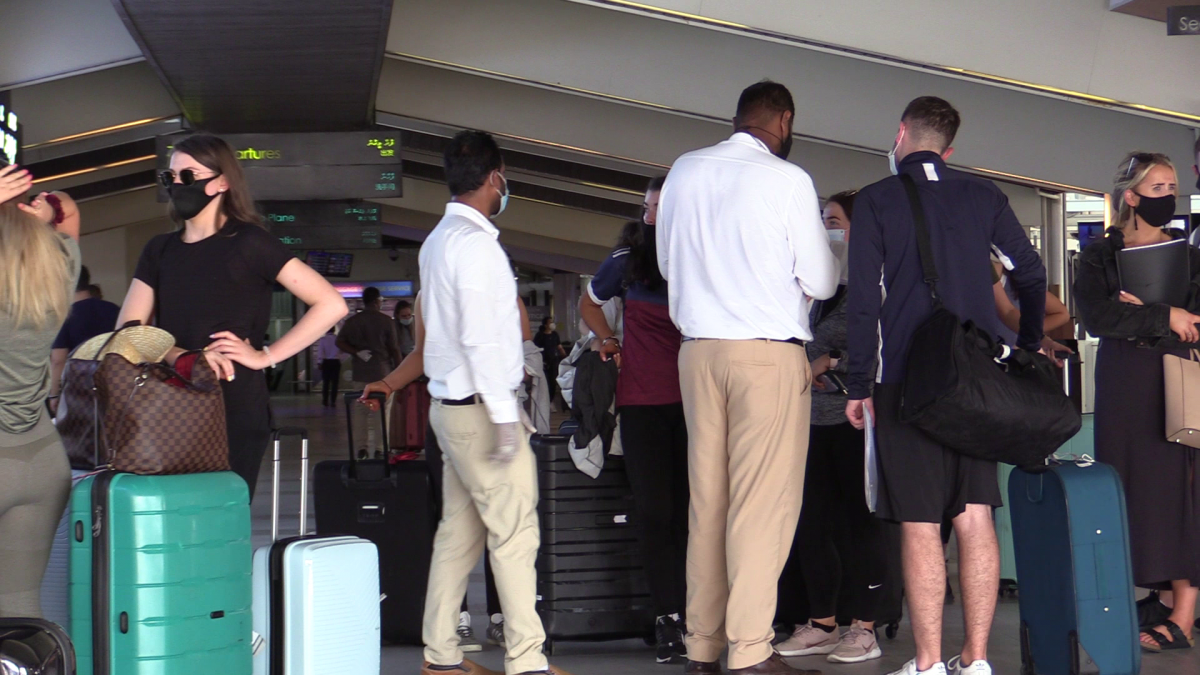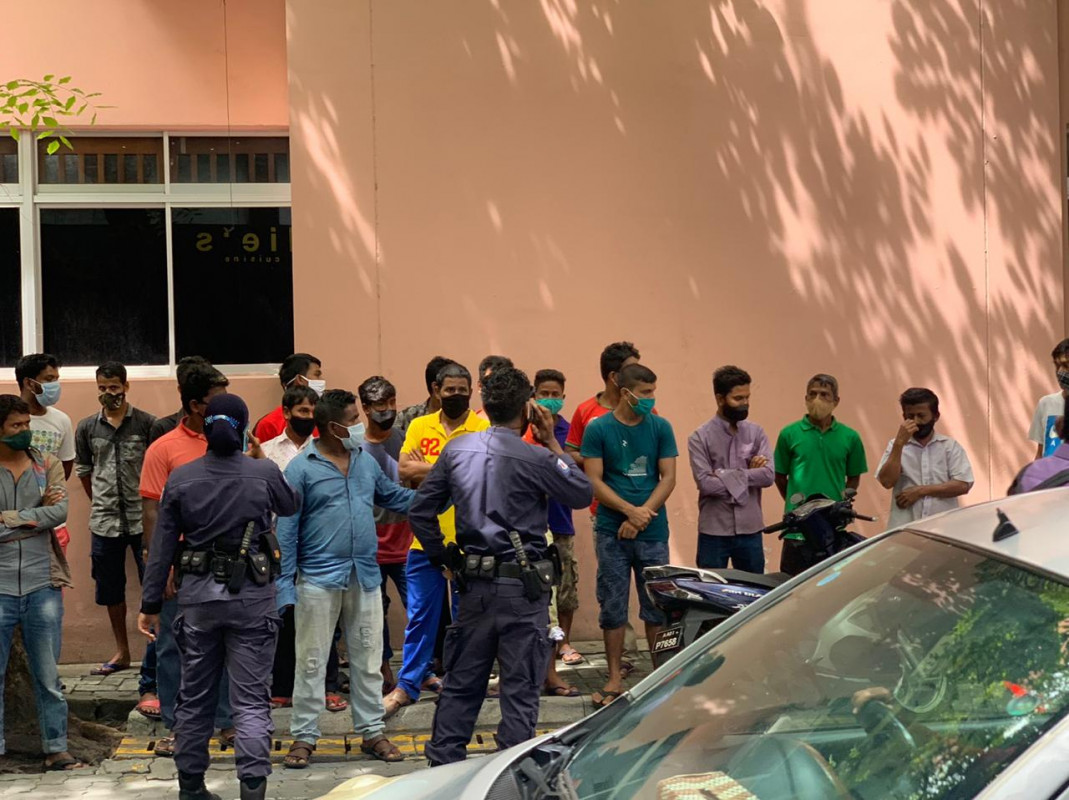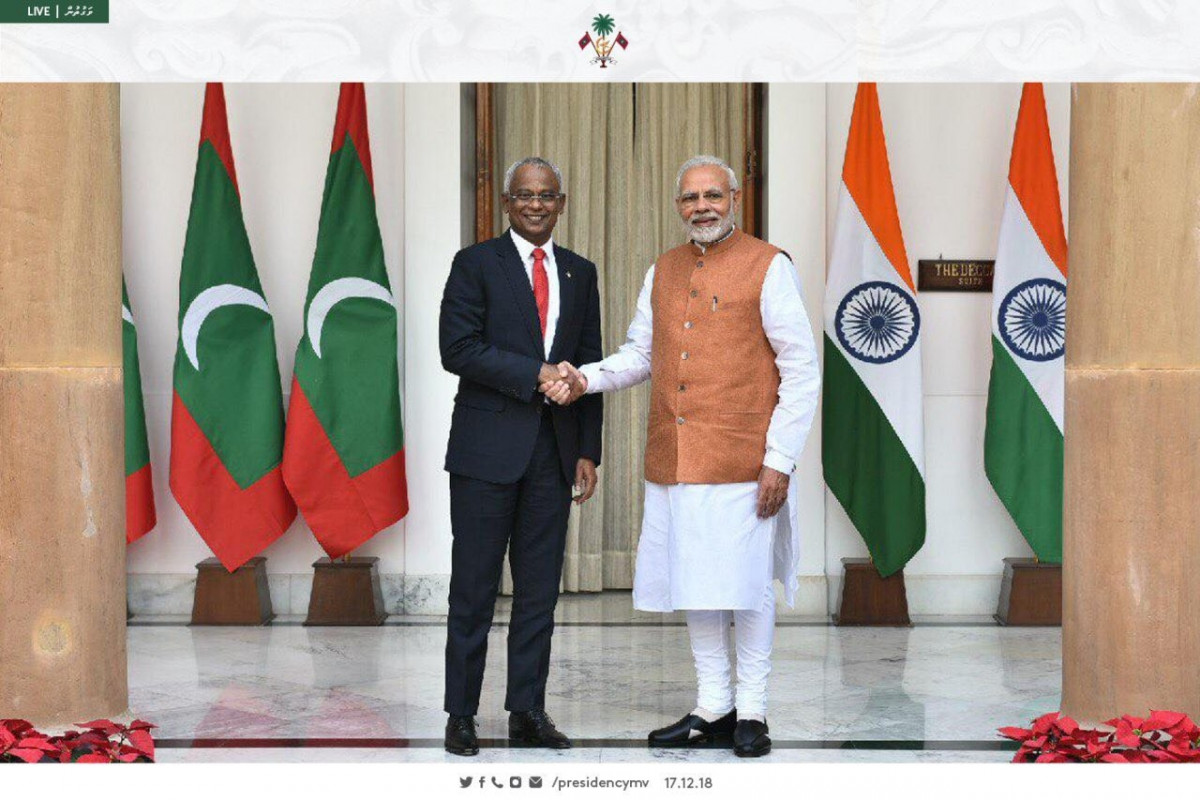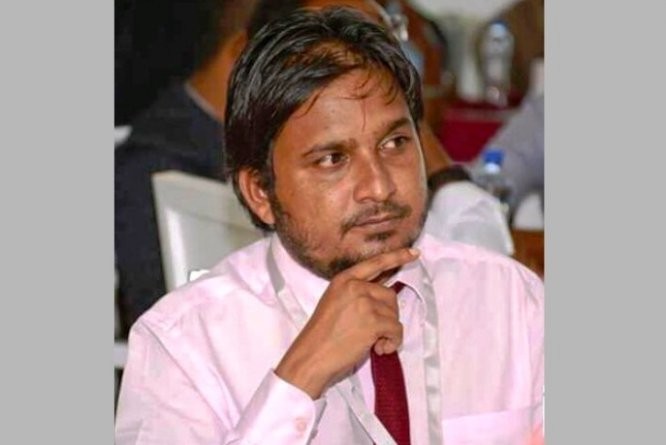109 out of 137 new Covid-19 infections confirmed from atolls
Over the past week, recoveries reported outnumbered the total number of infections confirmed

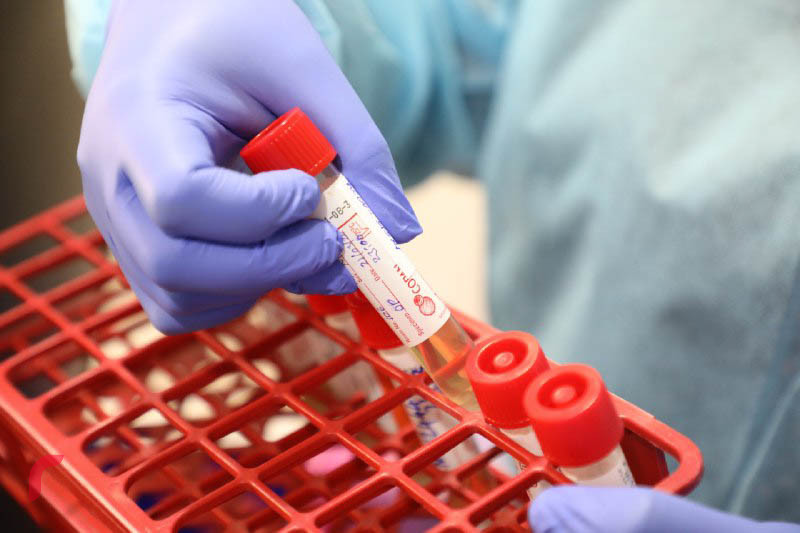
Samples collected for Covid-19 testing
109 out of 137 new Covid-19 infections confirmed on Saturday were from outlying atolls.
According to the latest figures publicized by the Health Protection Agency (HPA), 137 new Covid-19 cases and 196 recoveries were reported between 6pm Friday and 6pm Saturday.
As such, out of 2,025 samples tested in the reporting period, 109 returned positive from islands outside of the Maldives congested capital, Greater Malé Region where 17 residents tested positive, and the remaining 11 positive cases were detected from operational resorts.
With this, the Maldives total Covid-19 case tally has risen to 90,601, with active cases dropping to 2,040 from the previous day’s 2,084.
Further, hospital admissions dropped to 15 with the release of one patient over the past 24 hours.
The total number of persons who have recovered from the infection so far in the Maldives, sits at 88,315.
Over the past week, recoveries reported outnumbered the total number of infections confirmed. As such, 888 new cases and 1,090 recoveries were confirmed from November 14 to November 20, nationwide.
The highest daily rise in coronavirus cases was reported on Monday, when 159 new infections were confirmed. Over the past week the lowest daily figure was reported on Thursday, when less than 100 new infections were confirmed.
Maldives reported its first Covid-19 fatality in April 2020 and since then, the death toll has risen to 248. The latest victim was reported when a 75-year-old local woman died from complications while receiving treatment at Hulhumalé Medical Facility, early Wednesday. This is the fifth Covid-19 fatality reported in November.
The country has been in a state of public health emergency for over a year, since 12 March 2020. It has been extended a 20th time to expire on November 30.
Since the easing of restrictive measures against Covid-19 in July for the extensive government holidays, after Maldives was faced by a fourth and more infectious coronavirus wave in early May, citizens especially across the Greater Malé Region have been easing their way back to life in normalcy. Although life is far from reaching normal yet, the government's resilience to vaccinate the entire nation has revived hopes of eases from further burden, in the new normal.
The country has been free from further restrictions for nearly four months however, the authorities continue to remind the public to be vigilant as the country heads down the road to full recovery from the impacts of Covid-19. As such HPA continues to practice caution as the pandemic is far from being controlled, despite declining numbers in recent months.
The public health authority responded to an alarming surge in cases following new years and in early May after the eases were given for the local elections in April. The month that followed saw cases rising to distressing levels, at 1,000 almost every day. With the implementation of stricter measures, cases began declining around July.
With doubled eases, those who have completed both doses of Covid-19 vaccine have been allowed to travel domestically without the need to quarantine, with a negative PCR test result.
The geographical advantage of being comprised of a scatter of islands initially enabled Maldives to keep tabs on the spread of coronavirus when the first few cases surfaced. Things spiraled out of control after a community transmission was detected in the congested capital on 15 April 2020 to which authorities responded by imposing an immediate lockdown.
Months later, authorities began easing the lockdown in phases, with cases going on a downward spiral. Things seemed to be in control until the new year rolled around and cases began spiraling once more. Since April 2020, authorities have been repeating a cycle of curfews, lockdowns, partial lockdowns and other restrictive measures in their successful efforts to curb the spread of the virus.
